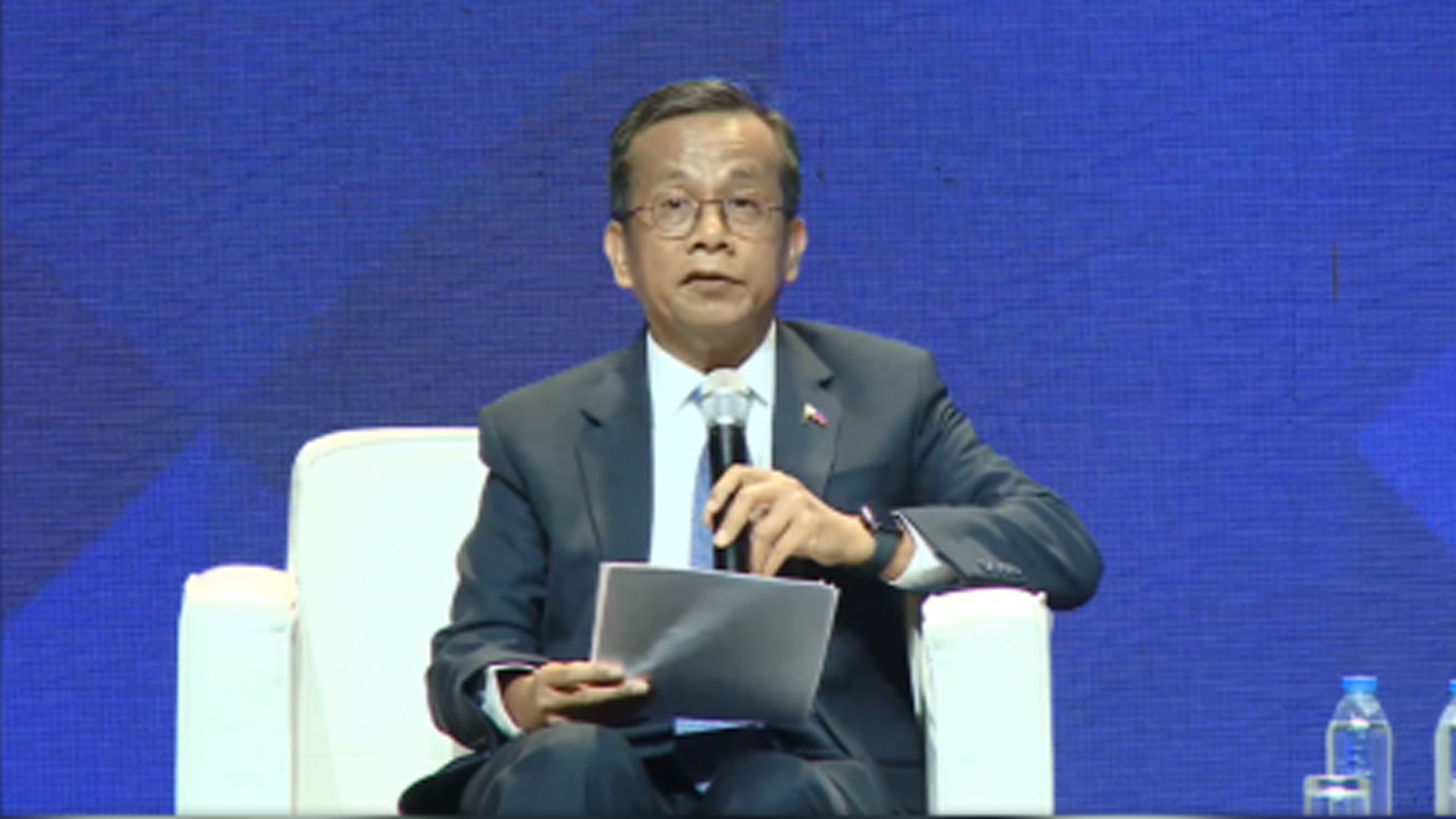The National Economic and Development Authority (NEDA) is supporting the proposal to extend the Rice Competitiveness Enhancement Fund (RCEF) beyond 2024.
“I’m fine. I’m okay with that, ” NEDA Secretary Arsenio Balisacan told reporters on the sidelines of the 2024 National Innovation Day Celebration at the Novotel Manila in Quezon City on Monday.
Balisacan said, however, that NEDA is studying the proposal.
“NEDA is looking at that issue. There are pros, there are cons. I would like to think that keeping the RCEF and targeting it well, using it well to improve the productivity on rice is not a bad idea,” said Balisacan.
Republic Act (RA) 11203 of 2019 provides for the creation of the RCEF with an annual appropriation of PHP10 billion for the next six years following the approval of the law.
It is intended to improve the productivity and competitiveness of local rice farmers and increase their income through the provision of farm machinery and equipment, rice seed development, propagation, and promotion, expanded rice credit assistance, and rice extension services.
Nueva Ecija 3rd District Rep. Rosanna Vergara earlier filed a measure to extend the RCEF by six years.
“But at the same time, the President has also issued an administrative order reducing unnecessary barriers to imports, especially when there are domestic shortages so that inflation will be averted,” said Balisacan.
“So things like that would need to be examined. I think the only issue is whether you dedicate that tariff collection from the rice imports to rice only or to become a part of the general fund of government,” he added.
Balisacan noted that the government must make sure that the fund are allocated for highly productive uses.
“Especially those that will address low productivity issues in the rice sector. I think that will be a good move,” he said.
Benefit for farmers
The Philippine Center for Postharvest Development and Mechanization (PHilMech) also joined calls to extend the RCEF implementation.
In a statement Monday, PHilMech director Dionisio Alvindia said the move may benefit more farmers through the distribution of machinery to qualified farmer cooperatives and associations (FCAs).
“The RCEF-Mechanization Program from 2019 to 2024 cannot cover even half of rice farms nationwide, hence we at PHilMech back the pronouncement of Agriculture Secretary Francisco Tiu Laurel to extend RCEF,” he said.
The said period covered only 20 percent of rice farms nationwide, with around 26,412 units of various farm equipment distributed from mid-2020 to March 3.
“As for the time period, we believe that extending RCEF for another six years will be adequate,” he added.
Besides the extension, Alvindia also agreed that a bigger RCEF allocation shall help boost the mechanization targets.
Laurel earlier mentioned a need for budget adjustments with increased allocations on farmers’ competitiveness, particularly on post-harvest and mechanization, considering that tariff collections exceed the PHP10 billion mark.
Under Republic Act 11203 or the Rice Tariffication Law, around PHP10 billion worth of appropriated tariffs from private rice importers are set aside for mechanization and farm input support, with the balance given as financial aid to small rice farmers.
In 2023, the tariff collections from imported rice reached PHP29 billion; while the country collected around PHP22 billion in 2022. (PNA)








